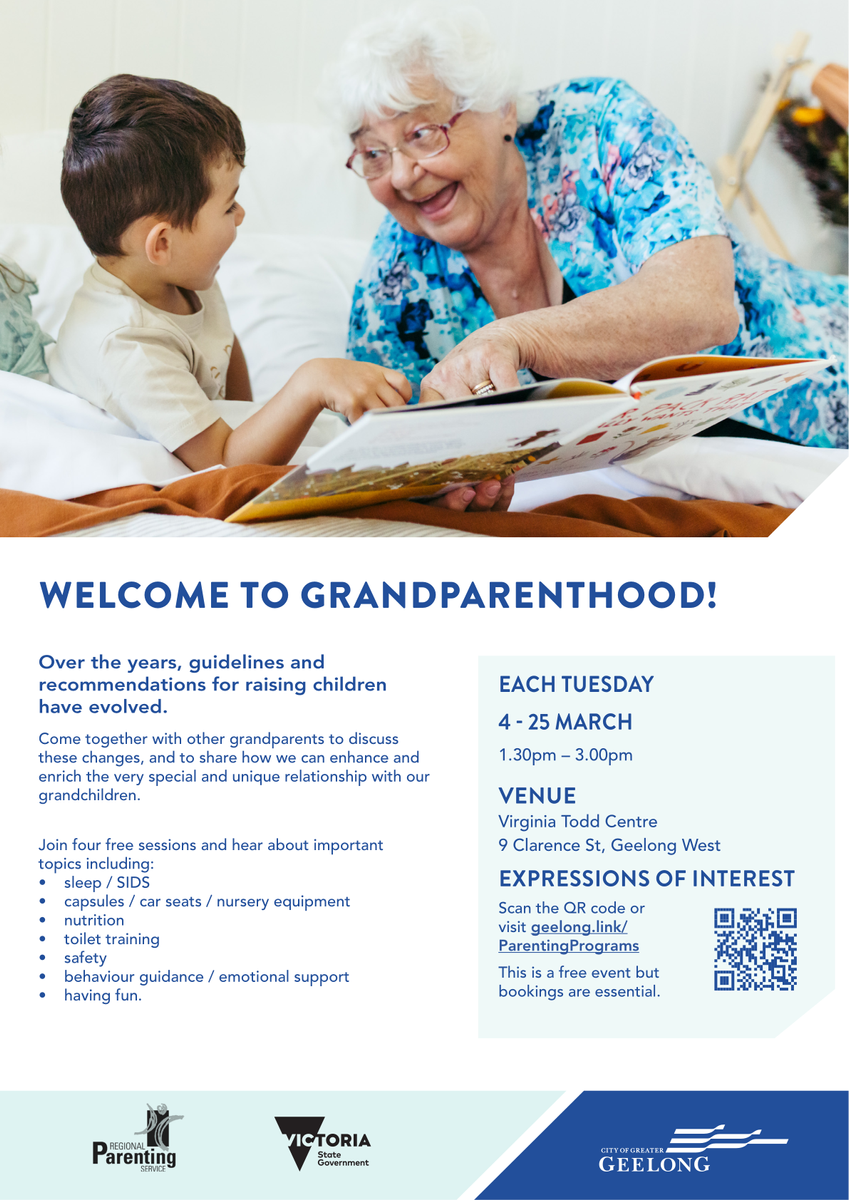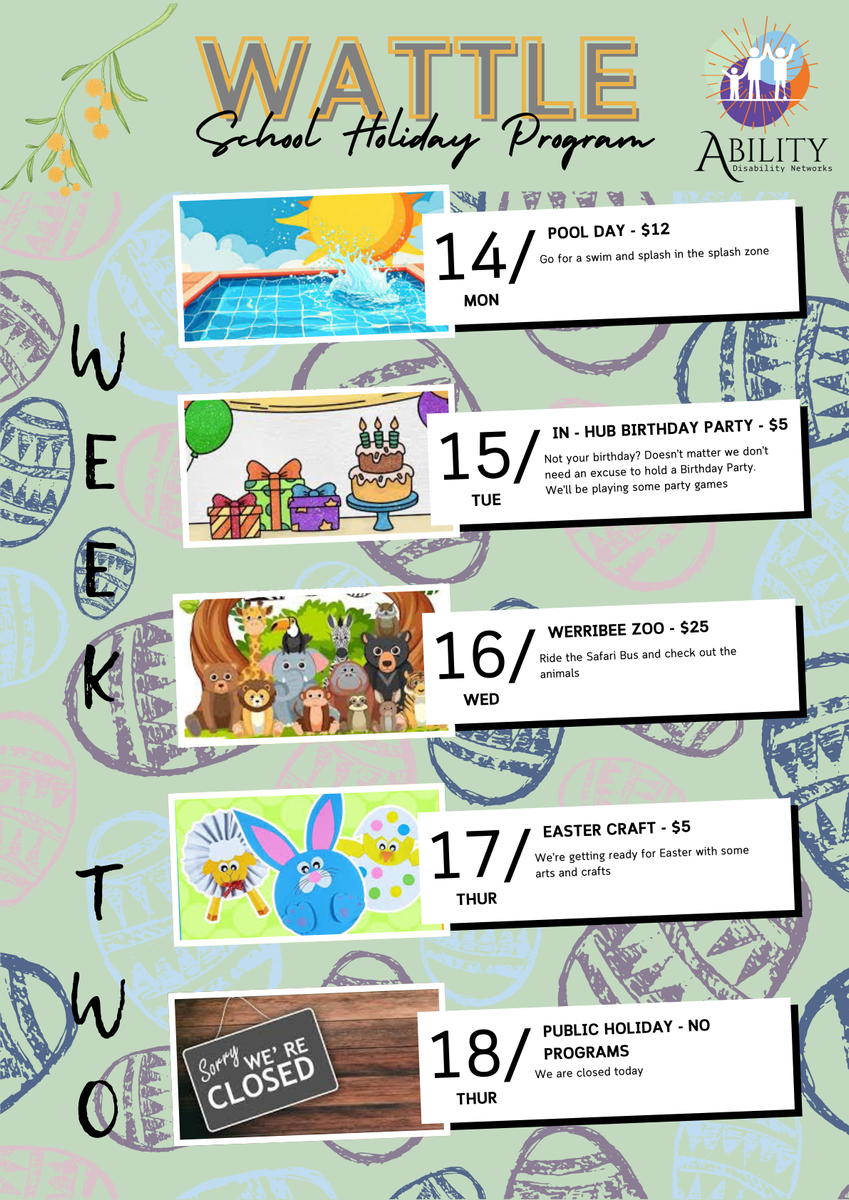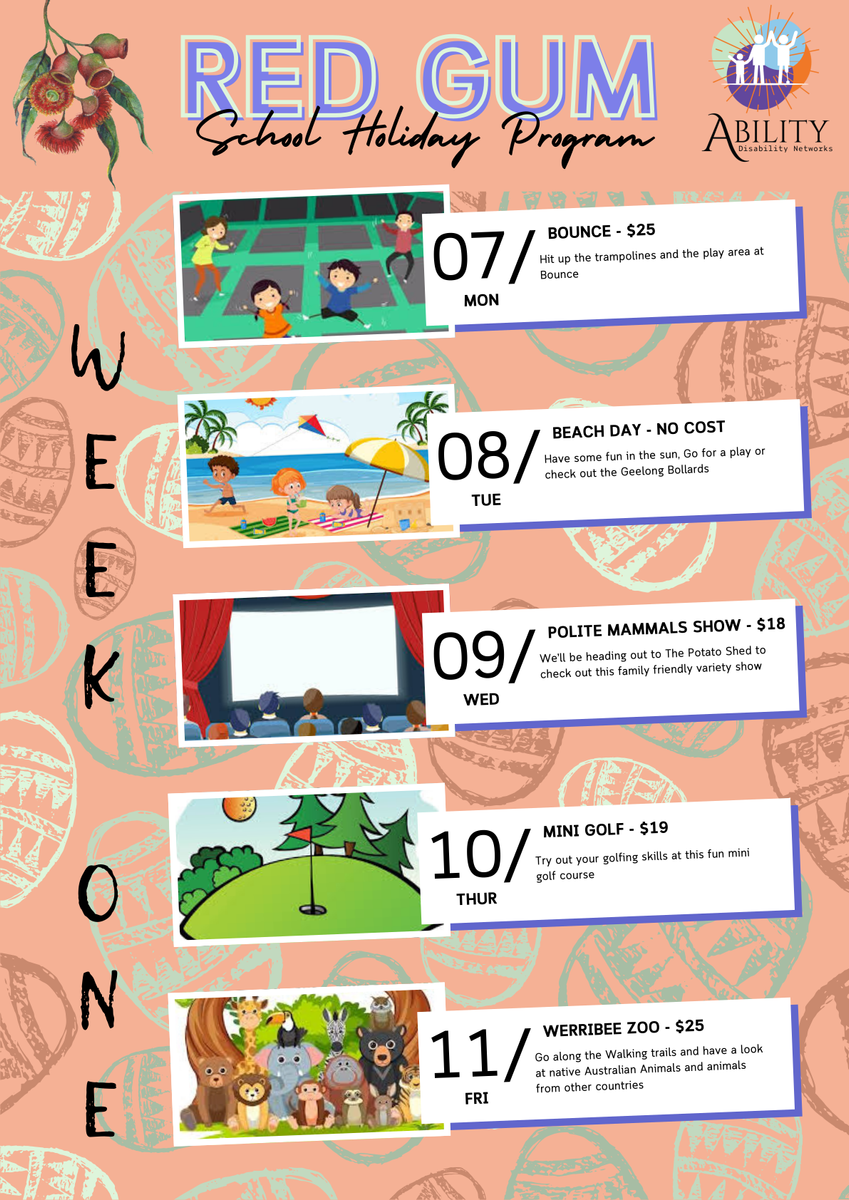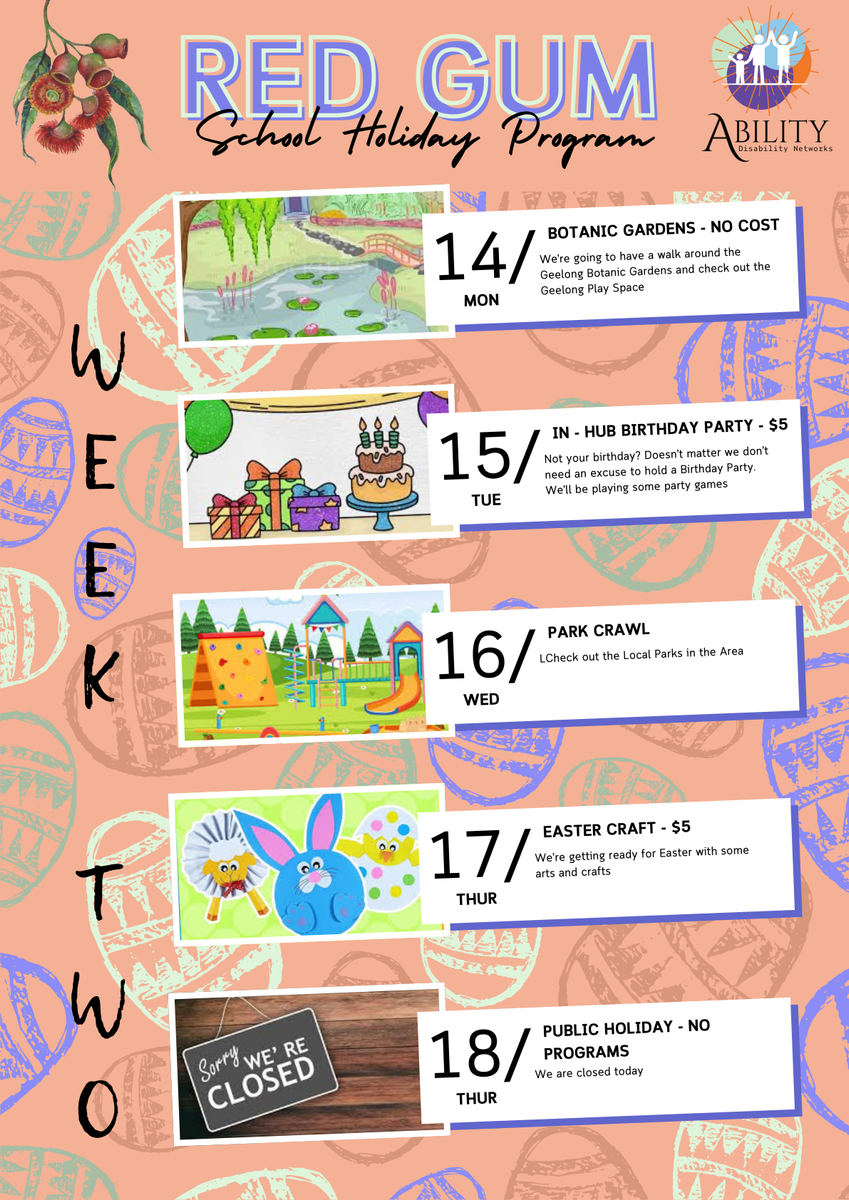Individual Education Plans & Student Support Group Meetings - Term 1
During week 10, Student Support Group (SSG) meetings will take place for students who are on an Individual Education Plan (IEP). If your child was on an IEP in Term 4, you will be required to book in an SSG with your child's current teacher through the Compass portal to discuss their goal progress and new goals for 2025. For new families at Ceres Primary School, you will be informed by your child's classroom teacher if you are required to make an SSG booking.
Bookings will open in Week 6, with teachers allocated to selected times. Bookings are first in best dressed basis. If you are unable to attend the times allocated, please ensure you reach out to your child's teacher to make alternative arrangements.
To book an SSG on Compass, please see the attachment and follow the steps.
DET Guidelines for Individual Education Plans:
IEPs assist students who require a range of supports with their education.
An IEP is a written statement that describes the adjustments, goals and strategies to meet a student’s individual educational needs so they can reach their full potential. An IEP is essential as it helps you plan and monitor a student’s unique learning needs.
IEPs are also known as individual learning plans, individual learning improvement plans and Koorie education learning plans.
An IEP:
- outlines clear educational goals for the student
- encourages student voice to allow the student to engage and take part in their own learning
- is strengths-based with a focus on the student’s potential to achieve positive educational outcomes
- is age appropriate, holistic in its approach, supports cultural needs and safety, and is flexible and future orientated
- includes short-term goals that will lead to the achievement of long-term goals
- is developed in consultation with the student (where appropriate) and their parent/carer/guardian. A Student Support Group (SSG) is required for students supported under individualised disability funding programs including the PSD and Disability Inclusion and those in OOHC, and strongly encouraged for any students with additional learning needs
- should be used (along with SSG minutes and documentation demonstrating student progress against agreed IEP goals) as supporting information for students participating in a Disability Inclusion Profile
- communicates individual and shared responsibilities
- includes a record of important decisions, actions and student progress
- is supported and informed by other relevant plans such as a cultural plan or behaviour support plan
- is reviewed regularly in accordance with the timeline as agreed by all members of the SSG (or at least once per term for students supported under individualised disability funding programs including the PSD and Disability Inclusion and those in OOHC)
- acknowledges and celebrates the achievement of student progress.
Teachers already undertake many activities that personalise learning experiences for students. Research has shown that when schools use a planning approach that supports personalised learning, the academic achievement of all students improves.
Students that require an IEP:
IEPs are highly recommended for:
- students with additional needs
- students not achieving to their potential (this may include high-ability students, where appropriate) – further guidance is available from the department’s High-ability toolkit)
- students at risk of disengagement
- students who are young carers (where appropriate)
What is an SSG?
An SSG is a partnership between schools, parents/carers, the student and relevant agencies. The group works together to plan and support the educational, health, social, cultural and emotional wellbeing of students with diverse learning needs. This may include students:
- with a disability or additional learning needs, including, but not limited to, students supported by Disability Inclusion
- in OoHC
- who are Aboriginal and/or Torres Strait Islander
- with a behaviour support plan
- from refugee or migrant backgrounds
- who attend two schools (for example, a mainstream and a specialist school)
- on youth justice orders or having transitioned from the youth justice system
- who are identified as young carers
- who are involved in the department’s Navigator Program.
Schools must establish an SSG:
- for students supported by Disability Inclusion
- for every child and young person in OoHC.
Role of a student support group
An SSG is responsible for developing and implementing an Individual Education Plan (IEP). An IEP:
- outlines clear educational goals for the student
- encourages student voice to allow the student to engage and take part in their own learning
- is strengths-based with a focus on the student’s potential to achieve positive educational outcomes
- is age appropriate, holistic in its approach, supports cultural needs and safety, and is flexible and future orientated
- includes short-term goals that will lead to the achievement of long-term goals
- is developed in consultation with the student (where appropriate) and their parent/carer/guardian.
- should be used (along with SSG minutes and documentation demonstrating student progress against agreed IEP goals) as supporting information for students participating in a Disability Inclusion Profile
- communicates individual and shared responsibilities
- includes a record of important decisions, actions and student progress
- is supported and informed by other relevant plans such as a cultural plan or behaviour support plan
- is reviewed regularly in accordance with the timeline as agreed by all members of the SSG (or at least once per term for students supported under individualised disability funding programs including the Disability Inclusion and those in OOHC)
- acknowledges and celebrates the achievement of student progress.
Members and their roles
An SSG includes:
Principal or Inclusion Coordinator and their responsibilities
- setting up SSGs
- supporting members to take part
- coordinating and chairing meetings
- ensuring meetings are held at least once a term in the case of students supported by the Disability Inclusion
- ensuring notes of meetings are taken and provided to all members.
- ensuring efficient and effective meeting arrangements are in place.
Teacher/Year Level Coordinator and their responsibilities
- keeping the SSG updated on the student’s progress
- assisting in determining future educational goals
- ensuring that the student has access to the school’s educational programs
- implementing the classroom content of the IEP
- coordinating other staff working with the student in the classroom.
Parent/carer(s) and their responsibilities:
- providing a holistic view of their child
- providing information on the effectiveness of past strategies and programs
- contributing to the development and monitoring of the goals and strategies of their child’s teaching and learning program
- choosing an advocate if required.
Advocate
It is the right of parent/carer(s) to have an advocate. Advocates can help with:
- sharing the parent/carer(s)’ knowledge about the student
- discussing any difficulties the parent/carer(s)' may have in the SSG
- developing a cooperative relationship between parent/carer(s) and the school community
- assisting parent/carer(s) to understand the Department’s procedures
- linking parent/carer(s) with relevant services.
The SSG Meeting process
Meetings should be held on a regular basis, at least once a term for students supported by Disability Inclusion and those requiring differentiated/supplementary supports each semester (twice per year). Additional SSG meetings can occur, if circumstances change throughout the year.
Minutes are recorded and uploaded with the IEP to Compass, which provide a summary of the meeting discussion and detail agreed actions.
If you require any clarification or have any questions, please reach out to myself, Jamie Roberts (Inclusion Coordinator).
Supporting Student Needs
Regional Parenting Calendar
Grandparenting Forum
Other Local Services & Programs










